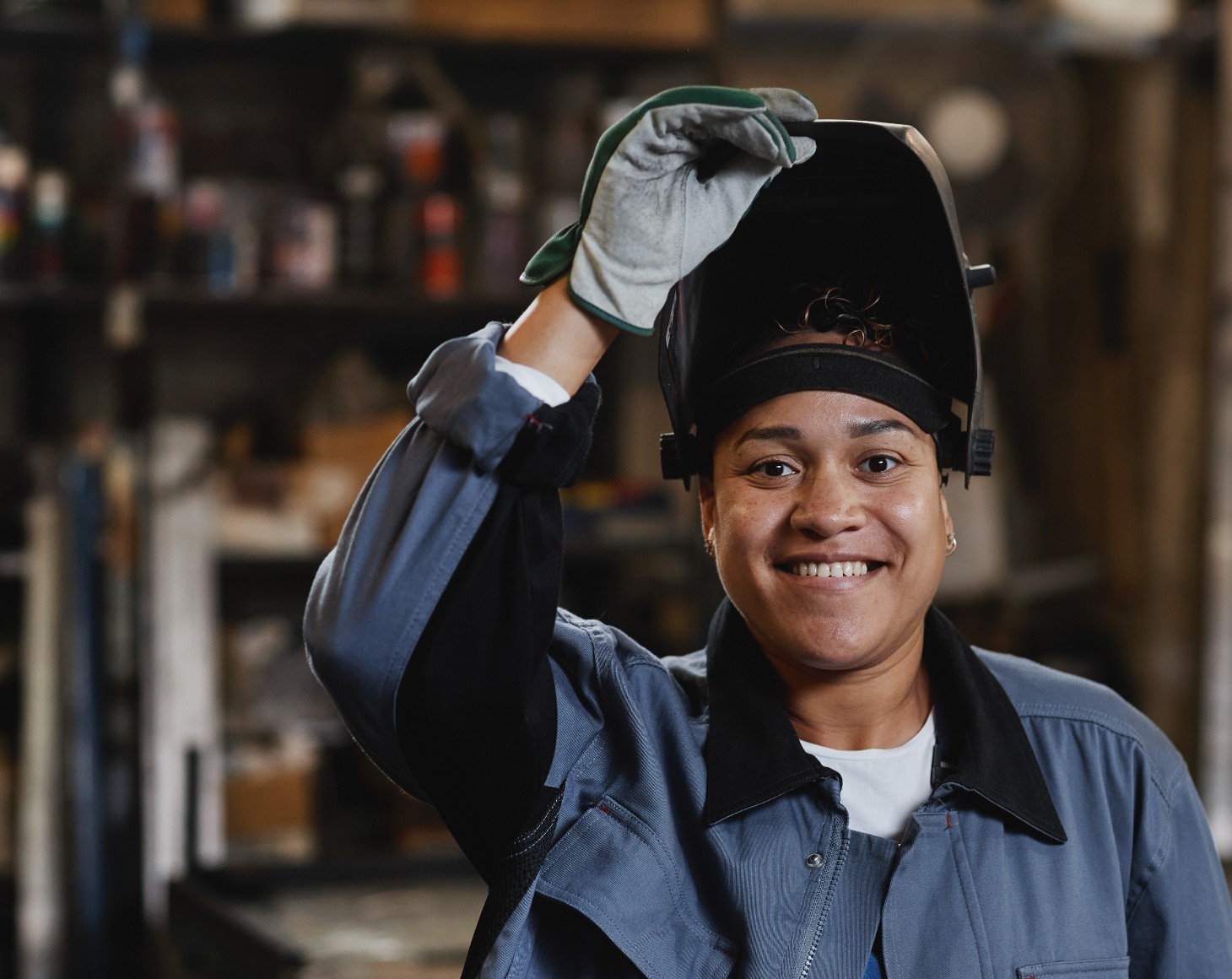Covid Testing and Other Safe Workplace Essentials

Alla Schay, General Manager of Sterling’s Industrials, Government, & Education group
Click here to read the original article published by Industry Today.
In a remarkably short time, Covid-19 has dramatically changed the way people work, play, and even eat. What started out as a business continuity challenge — ensuring a company can continue to operate safely, requiring considerable changes to operations to either stay open or re-open—has begun to impact staffing strategies. Jobs are being looked at through the lens of whether they can be done from home, either some or all of the time. For jobs that require on-site attendance, temporary accommodations are beginning to look like more permanent solutions. For many companies, and particularly those within Manufacturing, a hybrid approach is becoming the norm.
The safety and well-being of employees and the community are the driving forces. While certain solutions may cross over between on-site and off-site workers, the most effective approach will include all types of working arrangements. Ultimately, a key focus for companies remains how they bring in employees who meet the standards they set and maintain safe environments, wherever they may be.
Testing Helps Keep Your Workplace Open and Safe
A Covid-19 incident that causes a shutdown can be devastating. The stakes are particularly high in environments where social distancing and other precautions are either challenging or almost impossible.
By now, we are all accustomed to high level screenings that occur in a range of settings—where foreheads are scanned for temperature and some basic questions about symptoms and potential exposure are asked. Some companies have made considerable investment in training or hiring staff and purchasing equipment. Although not foolproof, individuals who exhibit symptoms or identify risks associated with Covid-19 can be asked to stay home to reduce exposure across a broader population.
It is possible to have the virus and display no significant symptoms. A more sophisticated, science-based approach is testing individuals for the active virus (leveraging PCR), to identify presence of Covid-19 at that specific time. This can provide a meaningful restoration of control, giving companies the information they need to manage and reduce the risk of outbreak.
With recent advancements in non-invasive saliva-based testing, highly reliable test results can be achieved quickly to identify potential risk. Additional follow-up tests at identified intervals can help confirm that your population remains low risk. This testing measure can be used in conjunction with other measures such as disciplined social distancing and frequent hand-washing as part of your risk mitigation for the Covid-19 virus.
Key components of a comprehensive testing program include:
- Reliable results
- Maintenance of privacy
- Easy administration of individual tests
- Accountability for test administration
- Rapid availability of results
- Aggregation and reporting of results
- Ability to easily repeat the test
- Rapid access for those at higher risk
- End-to-end administration of the testing process, taking all the above components into account
Effective administrative management of all aspects of a testing program enables a continued focus on your business with minimal additional worry and anxiety.
The Enhanced Role of Identity Verification and Background Screening
The pandemic has changed thinking about different functions that may be suited for a Work from Anywhere designation, not only in the short term but as a permanent approach. Talent can be accessed from a wider and more diverse geographic range. Within Manufacturing, this may apply to functions like Sales, Client Success, Finance, Engineering, and Marketing, among others.
In certain cases, individuals may work for you that you never physically “see”—from the interview process through the entire employee lifecycle. This raises the critical issue of needing to validate that the person you interview is in fact the person you hire. This is critical especially because the candidate may later become an employee who potentially accesses mission critical systems and sensitive information. That sort of authority and access should not be taken lightly. Organizations need security measures in place to guard against stolen identities and impersonation.
An effective background screening program begins with identity verification from the first interaction of a candidate for a job. Government issued identification is scanned and validated for authenticity. Using a smart phone, a match can be established between the candidate and the information presented. From there, criminal records can be checked, employment and education can be verified, and drug tests can be administered, among other items. This is a best practice for all employees, with particular value for those you may rarely or never physically interact with.
Methods for providing a safe working environment will continue to change over time and staying one step ahead of any threats is key. An end-to-end Covid-19 testing plan, which helps reduce risks associated with an outbreak, combined with an identity verification and background screening program, make the tangible statement that safety is a top priority and critical part of company culture.
Sterling is not a law firm. This publication is for informational purposes only and nothing contained in it should be construed as legal advice. We expressly disclaim any warranty or responsibility for damages arising out this information. We encourage you to consult with legal counsel regarding your specific needs. We do not undertake any duty to update previously posted materials.
Let's Connect
Have questions, need more info, or want to chat background screening solutions? We’re here for you. Click the option that best describes you.
Job candidate? Click here




